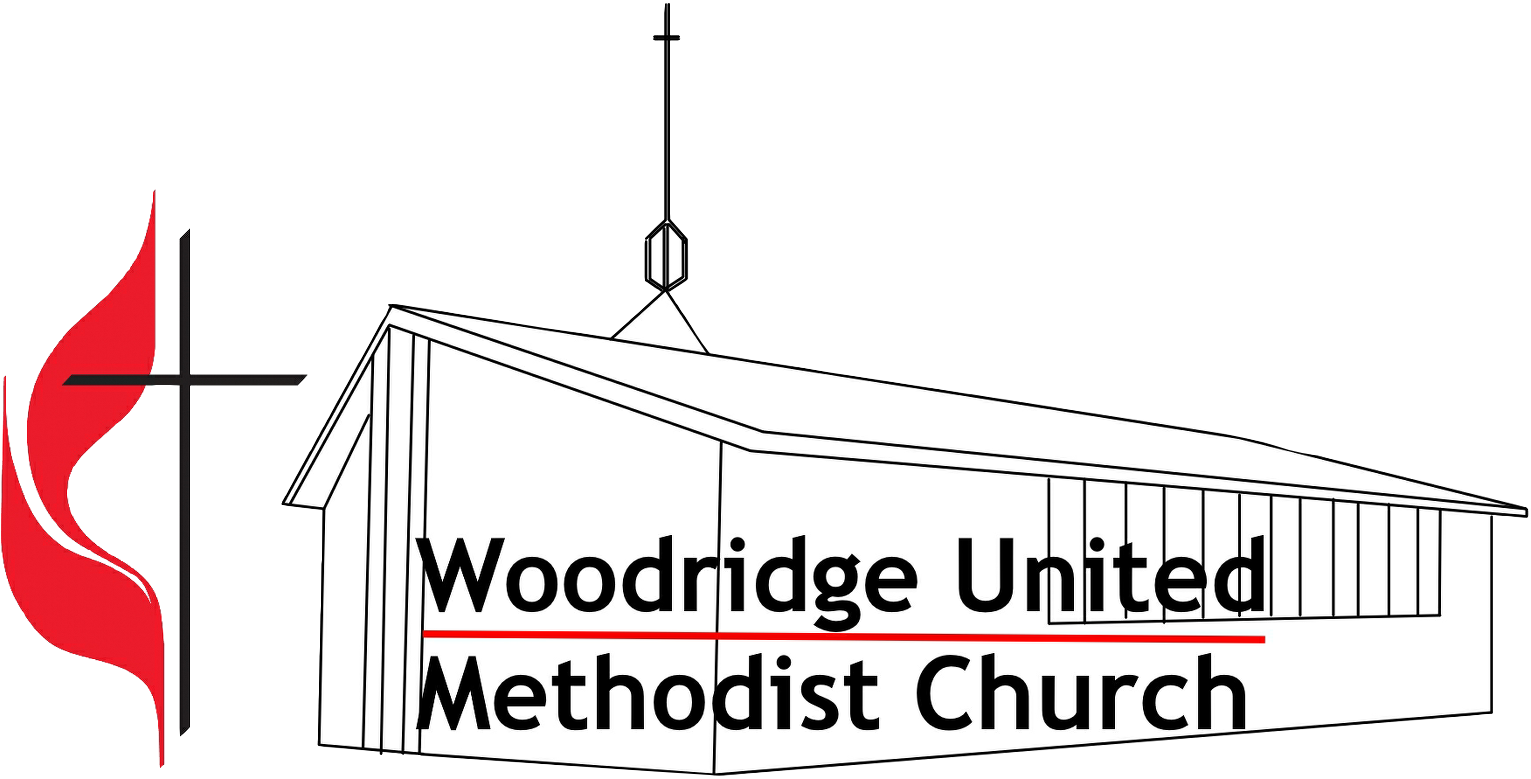Intersectionality and Racism
As I wrote last week, I’m committed to using this space each week to offer resources that will inform our summer sermon series and the conversations it produces. Some weeks that might mean a lengthy list of links to articles, books, or podcasts. Last week it meant one long form video on White* privilege.
That video was the first in a series from The United Methodist Church’s General Commission on Race and Religion (GCORR) as part of their Vital Conversations series. Let’s not sleep on that fact: GCORR chose to kick off their series with a White person talking about White privilege. Why do you think they made that choice?
I don’t have any insider information on this, but I suspect we start with White privilege because we must. It seems to me that we cannot have a meaningful conversation about becoming actively antiracist until we truthfully analyze our current systems (education, criminal justice, housing, employment, health care, politics) and their histories. But we cannot truthfully analyze our systems’ histories and present unless and until we — especially we who are White — remove our blinders that keep us from seeing and acknowledging our privilege.
What’s next? Assuming you’ve read last week’s post and spent the time to watch, digest, and learn from Dr. DiAngelo’s video, I say let’s take another step toward understanding how our systems are built on White supremacy and racism. Here’s another video — less than five minutes!— for that.
Did you notice the intersectionality? Redlining, housing, education, employment, and investment are inseparable. Each feeds the others to keep Black and Brown people oppressed.
What stood out for you in that video?
How have you benefitted from, or been victimized by, our systems?
I know that’s a hard question for us. None of us want to see ourselves as victims or as unfair beneficiaries. Yet, that is the reality. Without squarely looking at that hard truth, I honestly don’t see how we can make any of this better for all. For that is the goal of this series and of the antiracist movement: to make our country better, with justice for all.
As Dr. King taught us in his Epistle from Birmingham Jail:
We are caught in an inescapable network of mutuality, tied in a single garment of destiny. Whatever affects one directly, affects all indirectly. Injustice anywhere is a threat to justice everywhere.
I hope you will watch the video, consider the questions, and let me know what you think by either leaving a comment below or emailing me at
*I intend to keep noting this grammatical change at least in part because it continues to look off to me. Why is White capitalized? The AP style has recently changed to capitalize Black but not White. I’ve read arguments for this distinction and arguments against it. I will capitalize both because I find most compelling the reasoning that we who are White have for too long hidden behind a generic cultural sense that positions us as the default. I am convinced that has contributed to us being blinded by our White privilege.
